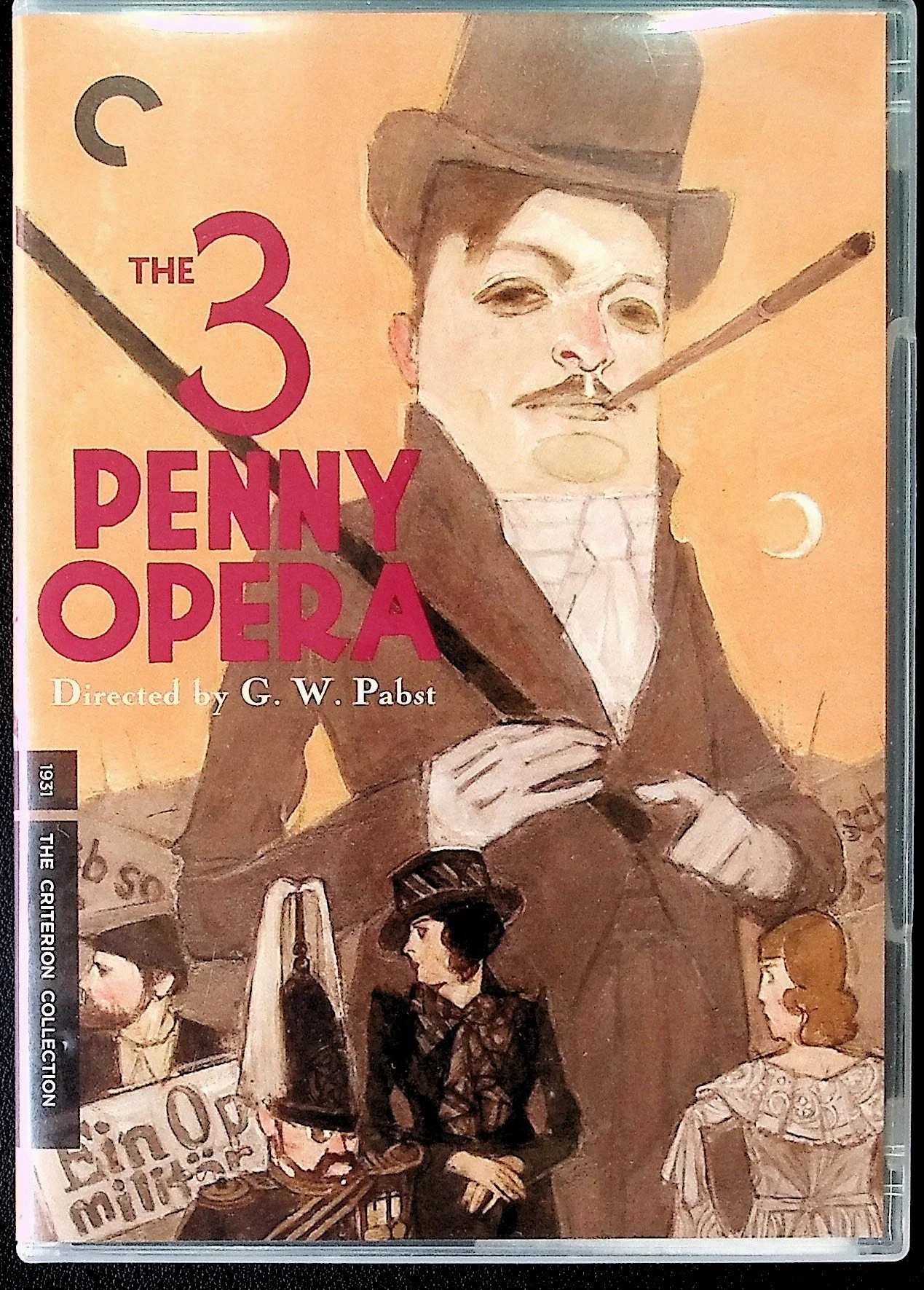- Activism
- Animation
- Asylum
- Austria
- Berlin
- Black Germans
- Childhood
- Cologne
- Colonialism
- Comedy
- DDR
- Documentary
- East/West Germany
- Environment
- Food
- Hamburg
- Health
- Holocaust
- Immigration
- Intergenerational Families
- Jewish
- Judicial system
- Lesbian/Gay
- Lübeck
- Munich
- National Socialism
- Politics
- Pomerania
- Racism
- Religion
- Sexism
- Short films
- Stuttgart
- Switzerland
- Twins
- Weimar Republic
Das Kaninchen bin ich
The Rabbit Is Me was made in 1965 to encourage discussion of the democratization of East German society. In it, a young student has an affair with a judge who once sentenced her brother for political reasons; she eventually confronts him with his opportunism and hypocrisy. It is a sardonic portrayal of the German Democratic Republic’s judicial system and its social implications. The film was banned by officials as an anti-socialist, pessimistic and revisionist attack on the state. It henceforth lent its name to all the banned films of 1965, which became known as the “Rabbit Films.” After its release in 1990, The Rabbit Is Me earned critical praise as one of the most important and courageous works ever made in East Germany.
Die 3-Groschen-Oper
The Threepenny Opera differs in significant respects from the play and the internal timeline is somewhat vague. The whole of society is presented as corrupt in one form or another. Only some of the songs from the play are used, in a different order. Bertolt Brecht and Kurt Weill, the playwright and composer of the stage play that the film is based on, were originally hired to adapt the play for film, but Brecht quit in the middle of production, while Weill continued working on the film until he was fired. The two each sued Warner Bros. and the German production company on the basis that sale of the rights stipulated that nothing in the stage production could be changed for the film. Brecht and Weill intended the piece as a satire on capitalism, and claimed that the ideological basis of the story was softened by director G. W. Pabst, who wanted the film to be more entertaining. Brecht was accused of breach of contract and his suit was rejected, but Weill won his suit.


